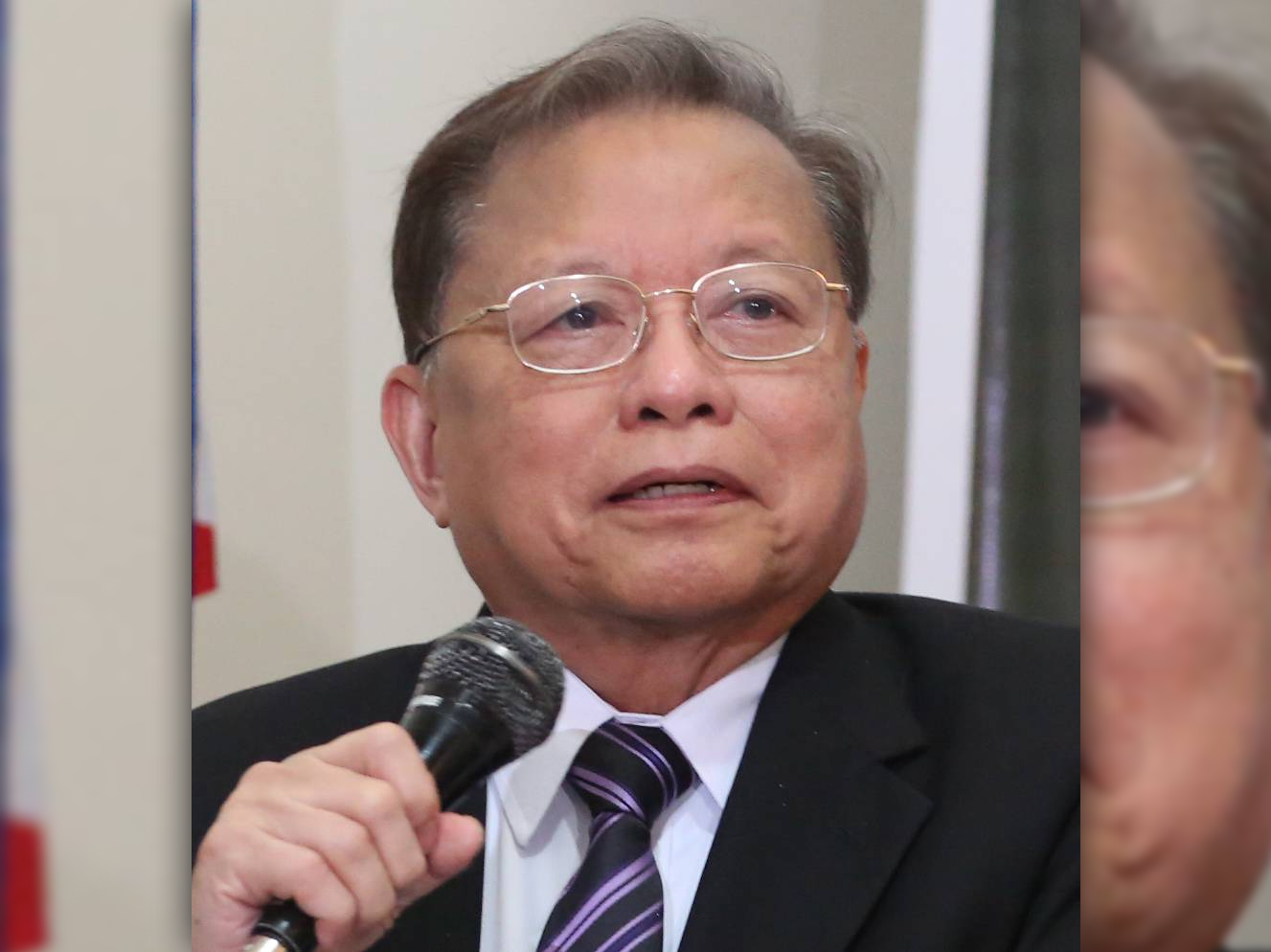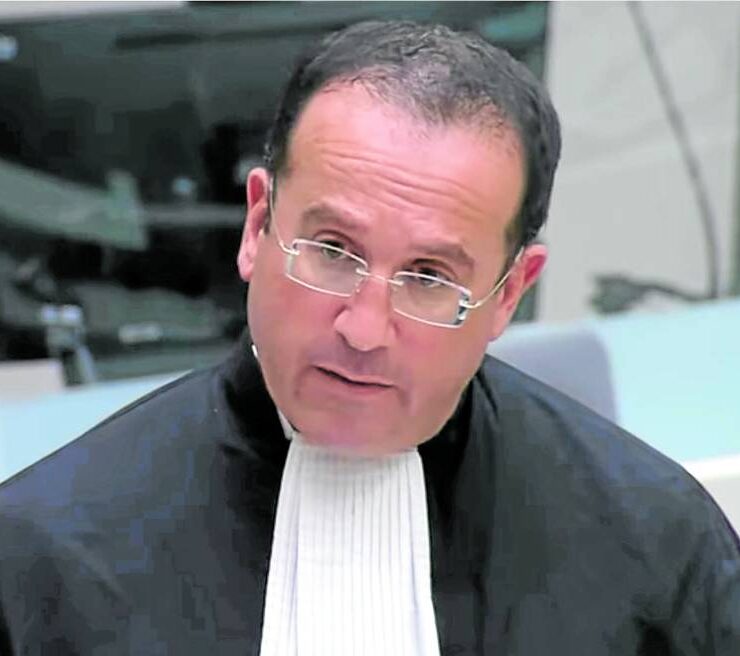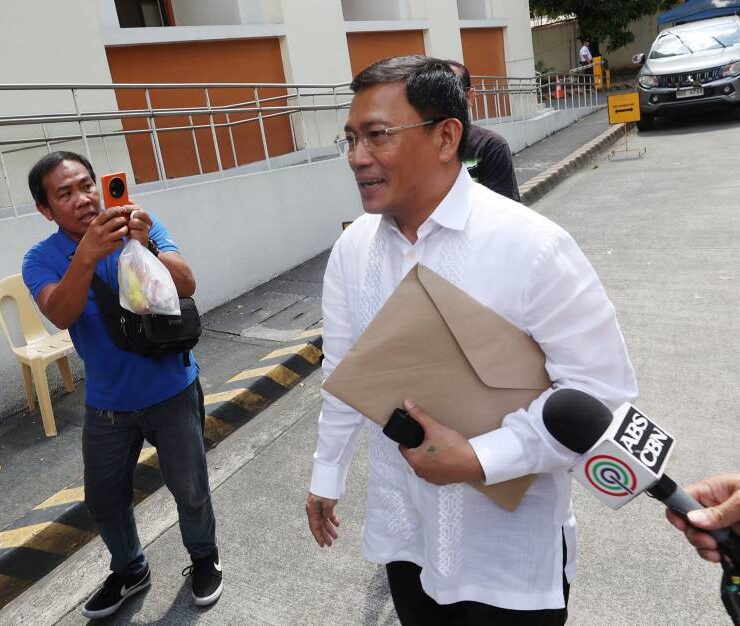Philconsa: Senate act can endanger PH democracy

The Senate’s decision to “return” the impeachment complaint against Vice President Sara Duterte to the House of Representatives may constitute grave abuse of discretion, according to the country’s oldest constitution watchdog, warning that any circumvention of the process would endanger democracy.
The Philippine Constitution Association (Philconsa) led by retired Chief Justice Reynato Puno on Thursday said the Senate’s order, issued two days earlier, “raises grave constitutional questions and challenges the integrity of the impeachment process.”
It called on the Senate to “uphold its constitutional duty and proceed with the impeachment trial in accordance with the Constitution and the rule of law.”
“Any act or device that circumvents this duty gravely imperils our democratic institutions,” it said in a statement.
The statement was the latest to call out the move, approved in an 18-5 vote by the Senate impeachment court, to return or remand the articles of impeachment to the House.
There is no provision in the 1987 Constitution that allows the Senate as the impeachment court to do this.
To defend and preserve
Philconsa is a 63-year-old nonprofit civic organization of legal luminaries, business and socio-civic leaders whose main objective is to defend and preserve the Constitution.
The organization ensures that government plans and programs are compliant with constitutional tenets.
Speaker Martin Romualdez is its incumbent president and retired Chief Justice Puno is the chair. Its prominent members include first lady Liza Araneta-Marcos, who is a lawyer, and former Chief Justice Teresita de Castro.
Not found in Charter
In its resolution, the Senate impeachment court directed the House to attest that the fourth impeachment complaint signed by 215 House lawmakers and transmitted to the Senate last Feb. 5, complied with the one-year ban under the Constitution. It also asked that the House issue a resolution stating that the 20th Congress was willing to try the impeachment case.
Philconsa questioned whether the Senate imposed novel requirements not found in the Constitution or in the Senate rules that would be a “circumlocutory device designed to delay or defeat the trial.”
The group also said the requirements imposed on the House infringes on its prerogative to initiate all impeachment cases under Article XI of the Constitution.
“Is the mere lack of certification from the House of Representatives sufficient to justify remand of the case and suspension of trial? Philconsa submits that no such requirement exists under the Constitution or established impeachment practice,” it said.
“To create such a requirement ex post facto undermines both the separation of powers and the rule of law,” it added.
‘Possible defenses’
It pointed out that several senator-judges, particularly those who belonged in the so-called “Duterte bloc” composed of Senators Robin Padilla, Ronald dela Rosa, Christopher Go and Imee Marcos, raised “possible defenses” on behalf of Duterte and thus “compromised the impartiality of the Senate as an impeachment court.”
In remanding the articles of impeachment, the group questioned whether the Senate unlawfully suspended its jurisdiction as an impeachment court.
“Once the Senate is clothed with jurisdiction as an impeachment court upon receipt of the articles of impeachment, that jurisdiction cannot be lost or suspended by mere procedural acts. It remains until final resolution or dismissal by the court itself,” it said.
Monsod sees ‘railroading’
Former Commission on Elections Chair Christian Monsod, who was one of the framers of the 1987 Constitution, said the senators were “railroading a wrong power” in their first act as an impeachment court.
“When you watch the senators, there’s something wrong with them. Perhaps, they don’t realize what their responsibility and accountability to the poor are,” Monsod said in an interview with INQ Today.
He was referring to the allegation of betrayal of public trust against Duterte and cited the constitutional provision which declared that “public office is a public trust” and that officers and employees “must, at all times, be accountable to the people.”
One of the charges against Duterte was her alleged irregular spending of P125 million in confidential funds shortly after assuming office in 2022.
“They are taking off on their own in order to derail or stop the impeachment process and it seems like they are acting like lawyers of the Vice President rather than the public servant,” he said.
The senators, convened as an impeachment court, have no power to remand the articles of impeachment to the House, Monsod said. He cited Section 3, Article XI of the Constitution, which stated that the Senate had the “sole power to try and decide all cases of impeachment.”
“They can’t get away with this,” he said. “They’re acting like they are the lawyers for the Vice President, right? Maybe they’re thinking of their future.”
He said Filipinos should think about the senators’ actions as elected officials.
Ultimately, Monsod called upon the public to reflect on the senators’ actions
“That’s how it is when it gets to their heads and think they can do as they please. No. That’s not right. They are public servants. They’re not public kings,” added Monsod.
Escudero: For SC to decide
Senate President Francis Escudero said that questions regarding the constitutionality or legality of the Senate’s actions should be raised to the Supreme Court and not debated in the media or among lawmakers.
In an interview in Bulacan on Thursday, Escudero brushed aside criticisms by the House on the Senate’s decision.
“The only body that can say whether something is constitutional or not is the Supreme Court,” Escudero said.
“It is neither they nor we who can make a judgment—it is only the courts,” Escudero added.
“The Supreme Court will decide whether it’s right or wrong.”
Criticisms, he said, whether from those eager to push the impeachment or those aiming to derail it, will not sway the Senate’s actions.
“We will do what is right. We will not be pushed or pressured by anyone,” he said.
Court’s expansive power
He also cited the expansive power of the Senate as an impeachment court.
“The impeachment court can do whatever it wants to do, based on the voting. And if anyone disagrees, they are free to take it to the Supreme Court,” Escudero said. He said that any official move or position from any of the parties in the impeachment case must now be coursed through formal pleadings, not through statements to the media.
Escudero also rebuffed criticism that he has not been holding caucuses among senators to discuss ticklish issues involving the impeachment process.
He said the Senate leadership purposely avoided closed-door caucuses to ensure transparency.
“Everything was done in plenary. For [the public] to see, to watch, and [they be] the judge,” he said. —WITH A REPORT FROM INQUIRER RESEARCH





















